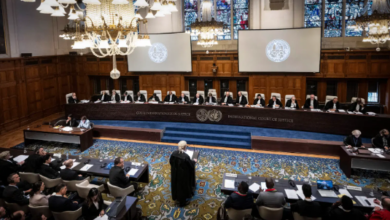Plastic Pollution Causes Brain Damage in Seabirds on Remote Lord Howe Island

A recent study by Australian researchers has revealed alarming health impacts of plastic pollution on Sable Shearwater chicks nesting on Lord Howe Island, a remote volcanic island east of Australia, RFA reported. The seabirds, which migrate across the Pacific Ocean, are inadvertently fed floating plastic debris by their parents, mistaking it for prey such as squid.
Researchers used gastric lavage to flush plastics from the stomachs of seemingly healthy chicks and found some had ingested hundreds of plastic pieces—one chick expelled over 400 fragments. Blood analyses showed signs of organ dysfunction, including impaired stomach, liver, and kidney function. More worryingly, evidence of neurodegeneration was detected in chicks under three months old, potentially affecting their song-control system, which is vital for mating and courtship.

Jack Rivers-Auty, an immune system expert at the University of Tasmania, compared the hidden damage to smoking’s internal effects despite outward appearances of health. The team suspects microplastics and toxic chemicals leaching from plastic debris accumulate in organs, causing these harmful effects.
Lord Howe Island’s proximity to ocean currents causes plastic to accumulate, exposing the seabirds to pollution from across the Pacific. Conservation biologists warn that while this study highlights severe impacts on Sable Shearwaters, further research is needed to understand the broader implications for other seabird species.
The findings underscore the far-reaching consequences of plastic pollution on marine wildlife and the urgent need for global action.






